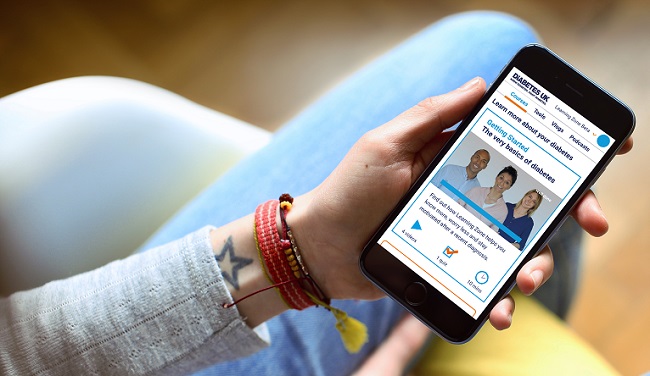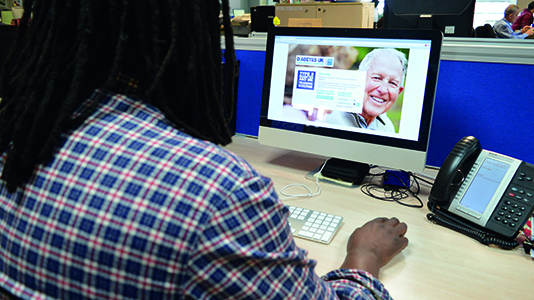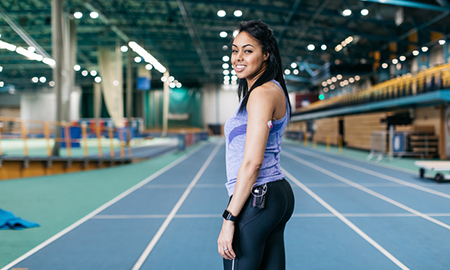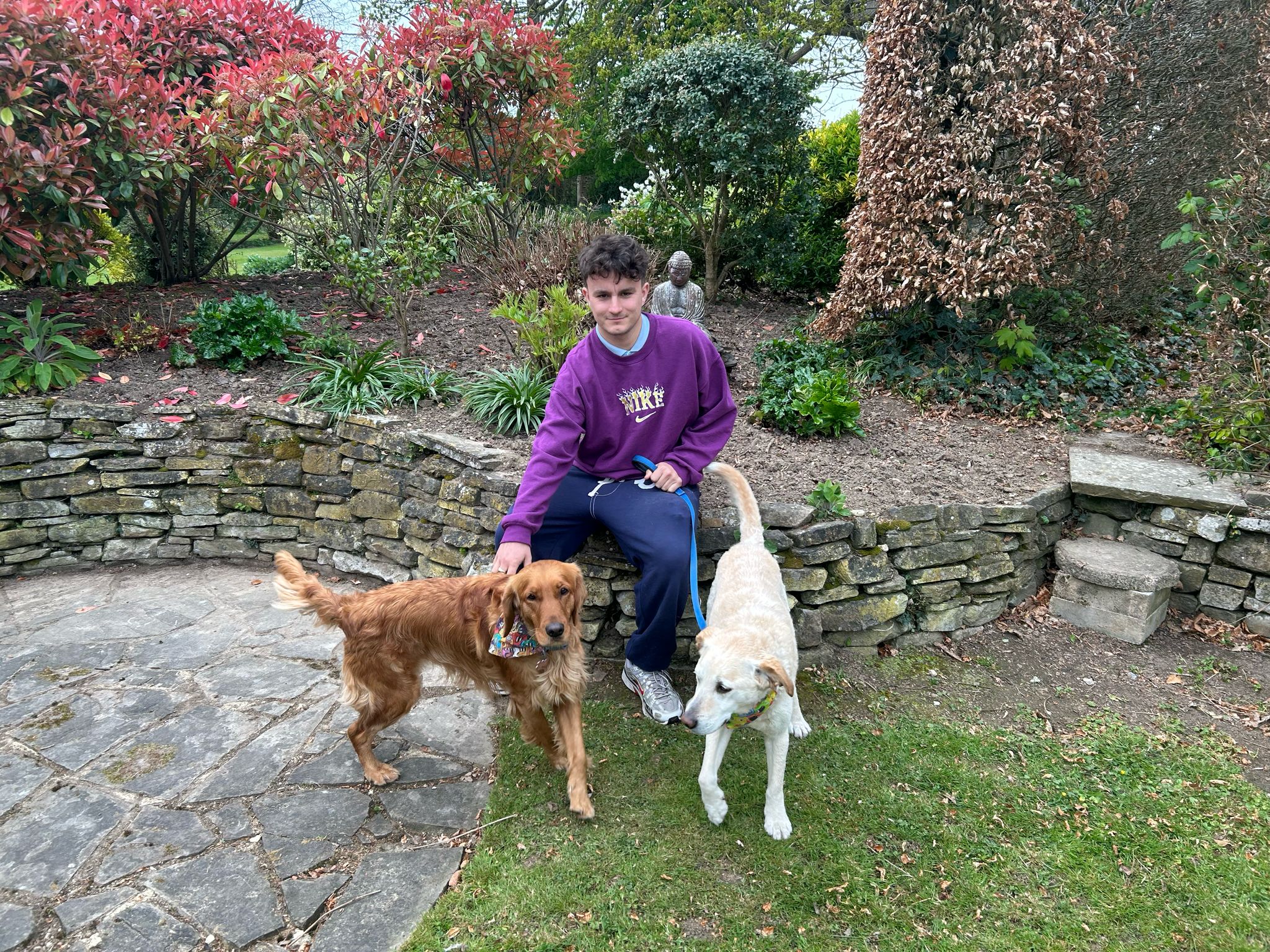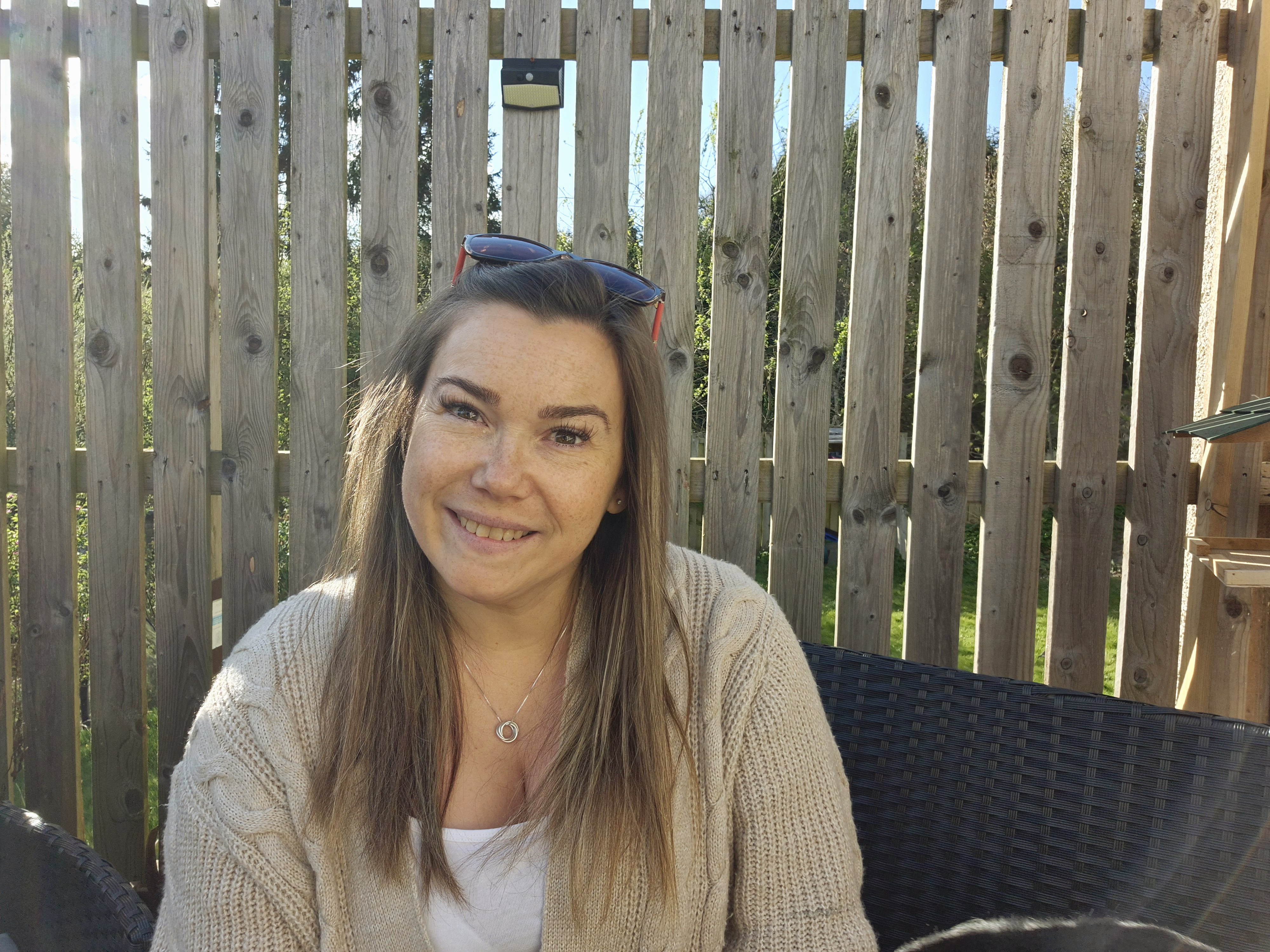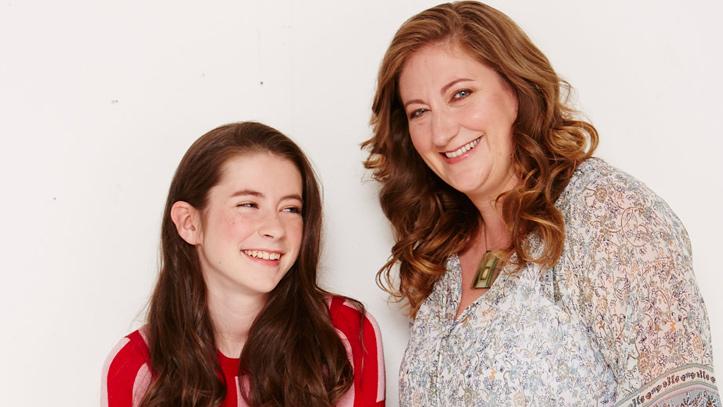
Katrina Voss
Daughter diagnosed age 10.
Life’s full of changes – this is just one of them.
When Katrina’s daughter was diagnosed with type 1 diabetes aged 10, they had a steep learning curve ahead of them. But with the help of Charlotte’s diabetes team, a support group and a positive attitude, it quickly became the new normal.
